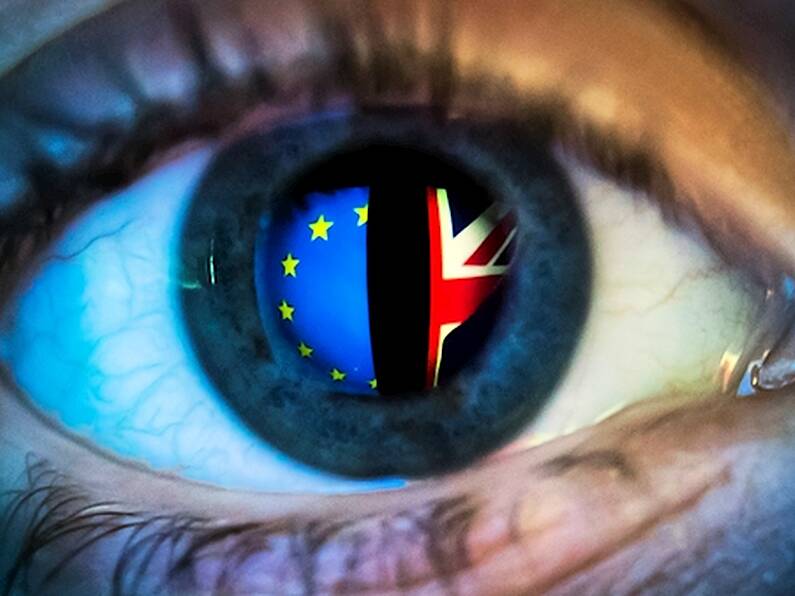Sterling dropped below 90 pence and fears of Irish businesses on both sides of the border soared as Theresa May faces an impasse with her Brexit agreement.
Her decision to pull a vote in the Commons on her withdrawal bill has raised new warnings across Irish business over a hard Brexit.
Sterling fell as analysts said the extreme divisions in British politics which could inadvertently lead to a hard Brexit.
Global shares dropped on trade war fears, and Irish shares fell, led by Ryanair, Irish property firms and banks which are exposed to weak sterling.
"The Brexit fiasco took yet another step into the unknown," said market analyst Joshua Mahony at online broker IG, as the UK leader seeks to get concessions from EU leaders over its exit agreement.
"While Theresa May expects that such an agreement would help win over greater support for her plan, the fact is that behind much of the opposition lies a desire to shift power in a general election or new leadership bid," Mr Mahony said.
The drop below 90 pence against the euro is "a red flag" for Irish businesses, said John Whelan, head of international trade consultancy, the Linkage-Partnership.
"It makes it very difficult to plan for 2019," Mr Whelan said.
"I was talking to a manufacturer last week. His problem was that he was not in a position to make contracts [in Britain] for 2019. And the same problem for 2019 applies to other manufacturers," he said.
Aidan Flynn, general manager of business group Freight Transport Association Ireland, whose members control 10,000 commercial vehicles, said that the postponed vote and the slump in sterling have ratcheted up the uncertainty.
Speaking from Brussels where he was meeting with EU officials, Mr Flynn said stockpiling had already begun in anticipation of a hard Brexit but there was a shortage of warehousing in Belfast, Dublin, and Cork "and especially for cold and chilled storage" which requires huge levels of investment.
Ann McGregor, head of the Northern Ireland Chamber of Commerce and Industry, warned: "Members told us that they are already scaling down-freezing growth plans because of Brexit.
Even basic business planning for next year has become difficult, if not impossible, for many firms and their investors.
Austin Hughes, chief economist at KBC Ireland, which compiles regular consumer surveys with the Economic and Social Research Institute, said that the latest Brexit fallout will weigh on Irish shoppers and hit investment decisions by businesses.
It is the area of consumer durables and the housing market where the effects may show, Mr Hughes said.
Consumers may be lured online to tap the benefit of the weakness of sterling, affecting brick-and-mortar stores.
"It does look like a binary choice for the economy: Either see a no change or face a cliff edge, no deal Brexit," he said.
Ryan McGrath, head of fixed income at Cantor Fitzgerald Ireland, said that UK and Irish bonds were little affected by the UK political chaos for the time being.
"She has clearly said she will go back to Brussels and Brussels could deliver tweaks to the deal and she will try to sell the tweaks," Mr McGrath said.






